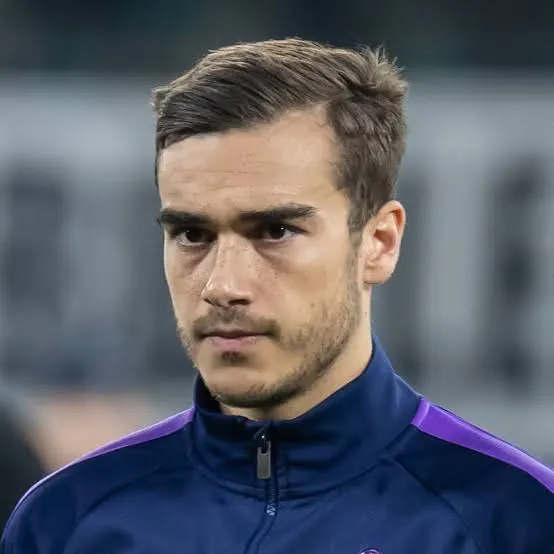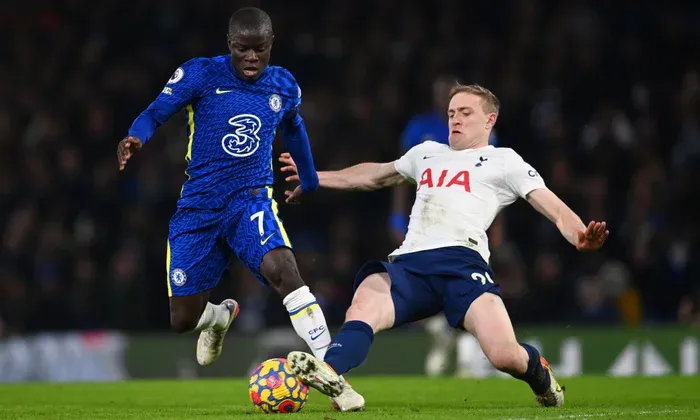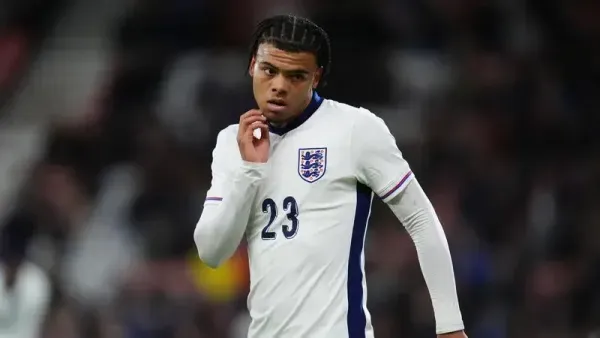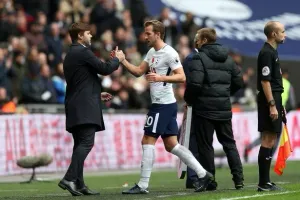Tottenham Hotspur boasts one of the most geographically fertile recruiting grounds in the UK, yet their academy success stories are increasingly defined by transfers out rather than integration in. While the club basks in the reflected glory of Harry Kane —the singular, generational exception— the true measure of the academy pathway reveals a recurring systemic failure.
The core issue isn't talent production; it’s the lack of a stable transition mechanism—a bridge repeatedly demolished by managerial instability and the resulting short-termism.
The Managerial Merry-Go-Round: A Youth Development Killer
Since the departure of Mauricio Pochettino, the manager who championed the 'pathway' perhaps more successfully than any other Spurs boss in the modern era, the integration of youth has stalled completely.
Pochettino, focused on creating an identity, could afford to invest time in players like Oliver Skipp and Harry Winks, fostering their technical and tactical understanding over multiple seasons. The consistent presence allowed Winks to transition from an energetic midfielder to a full England international, and Skipp to develop into a reliable Premier League anchor.
Since then, the club has cycled through José Mourinho, Nuno Espírito Santo, Antonio Conte, Ange Postecoglou and several caretakers before the arrival of Thomas Frank. Each manager arrives with a two-year window and an immediate mandate to deliver Champions League football, making them inherently hostile to the slow, risky process of blooding youth.
A new manager means a new system, new demands, and often, a swift dismissal of the developmental work undertaken by the previous regime. The youth player, who may have been perfectly suited for Conte's rigid structure, is suddenly tactically redundant under a high-press system, forcing a move before they can truly mature.

The Lost Generation: Skipp, Winks, and the Downward Spiral
The fate of Skipp and Winks perfectly illustrates this broken transition. They were genuine academy products, homegrown talents who made their breakthroughs into the senior squad under Pochettino.
- Harry Winks struggled under managers who didn't value his specific tempo-setting, retention-focused style. Deemed technically insufficient for successive midfields, he eventually secured a permanent move to Leicester City—a Championship club. His journey is a painful symbol of a promising career derailed by tactical churn.
- Oliver Skipp proved his grit and defensive acumen but found himself perpetually battling for relevance. Though highly rated for his attitude, he could not find a consistent functional role under the varied demands of the last few coaches. While still at the club, his struggle to secure regular, impactful minutes is a direct consequence of the constant tactical flux.
When the only academy player to establish himself as a starter and then depart for the second tier, it sends a powerful message back down to the Under-21s: the pathway, post-Pochettino, is bottlenecked.

The Root Cause: Lack of a Unifying Football Philosophy
The biggest difference between Spurs and successful peer academies (like those at Manchester City or Chelsea) is the absence of a defined, unifying footballing philosophy.
At the elite level, the academy shouldn't just be producing talent; it should be producing talent specifically tailored to the first-team's tactical principles. If the first team is committed to a high-pressing, possession-based 4-3-3, every coach from the U-10s up should be drilling that precise methodology. This allows an 18-year-old to make the jump with minimal tactical adaptation.
Spurs, until recently, lacked a strong figure—a true Sporting Director—to install and enforce this coherent identity. When the first-team manager changes every 18 months, bringing an entirely new ideology (from Mourinho’s pragmatic counter-attack to Conte’s wing-back system), the academy cannot possibly keep up. Its products are rendered obsolete before they even have a chance to prove their quality.
The result is a self-perpetuating cycle: managers prioritize expensive, readymade signings to suit their immediate tactical needs rather than risking a player who might take six months to adapt to the new doctrine.

The Hope: Lange and the New Direction
There is, however, a critical change underway that offers genuine hope for the future: the installation of a new, clarified leadership structure.
The appointment of Johan Lange as the club's Sporting Director is specifically intended to address this structural deficiency. Lange’s mandate is not just to identify senior signings but to establish the overarching footballing strategy that links the academy to the first team, transcending the lifespan of any single coach.
By enforcing consistency in coaching methodology, recruitment profiles, and tactical principles from the youth system to the senior squad, Lange can ensure that the next generation of academy graduates isn't just talented, but is tactically fit for the demands of the first team, regardless of who is standing on the sideline. The success of the next five years at Spurs may depend entirely on whether this new strategic direction can finally build the unbreakable bridge the club has lacked for so long.




